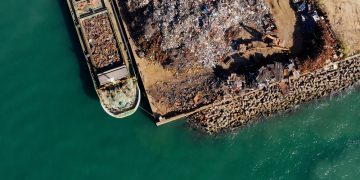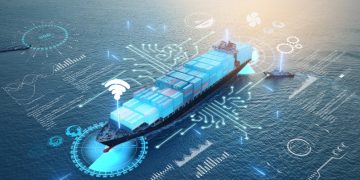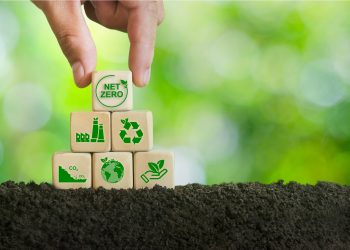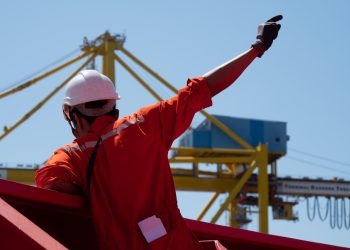In an exclusive interview to SAFETY4SEA, Geir Frode Abelsen, who has been recently appointed as the Managing Director of Klaveness Ship Management (KSM), highlights the key role that digitalization will play in the coming years.
Being a front runner, requires investment in safety and green initiatives and at the same time utilizing the emerging technologies. ‘’We cannot afford to NOT to be aiming for zero.’’ Mr. Abelsen concludes, reminding that safety remains the number one priority but decarbonization has also come to the front.
SAFETY4SEA: What are your top priorities on the agenda taking the helm as Managing Director of Klaveness Ship Management?
Geir Frode Abelsen: The top priority will be to improve the nature of shipping in all aspects. We shall continue to maintain a strong focus on safety onboard our vessels and we shall have world class safety ratings with the best reputation established. In addition, we will continue our green initiatives by further investing in technologies to help further decarbonize our fleet and utilize our ‘data smartness’ as a key part of this journey.
S4S: They say that there is a gift/ opportunity in every challenge. Given the challenges that shipping is facing in way of decarbonization, what sort of opportunities do you identify?
G.F.A.: There will be a lot of opportunities within utilizing the new technologies introduced in the coming years to decarbonize the world’s fleet. Being a front runner on this field will be essential and digitalization will play a big role here.
S4S: What are the current and future seafarer manning and training concerns and what are your plans to adapt with social trends?
G.F.A.: Training challenges going forward will be the new engine technology with dual fuel solutions. Our crew and officers will have to be trained to manage both gas as fuel in addition to low sulfur fuel.
S4S: What lessons has the industry learned with the pandemic? Where should we improve for a future crisis situation?
G.F.A.: First and foremost, the industry saw the need to fully safeguard our colleagues at sea, this was a challenge (and a failure) for many during the pandemic with many seafarers unable to sign off. In addition, the industry has learned how to utilize ‘data smartness’ and quickly realized the need to further digitalize the way it works.
S4S: What actions should we take to collectively create an inclusive and attractive industry for the future generation?
G.F.A.: We need to continue focusing and creating a green way to construct and operate our fleet. To attract young people to our industry we must show we are changing the way and cutting emissions to zero. Without this, we are attracting young talent to an industry where they will be spending their entire lives battling the climate crisis.
S4S: What should be our key priorities for strengthening safety culture onboard and ashore?
G.F.A.: Strengthening the safety culture should always be number 1 focus. Investing in safety is the best investment a company can make.
S4S: What is your key message to industry stakeholders with regards to a more sustainable future for shipping?
G.F.A.: We need to continue the journey toward zero emissions by investing in green and data smart technology. We need sensible, scalable business models that incentivizes the industry to collaborate and improve efficiency in every part of the seaborne supply chain. We cannot afford to NOT to be aiming for zero.
The views presented are only those of the author and do not necessarily reflect those of SAFETY4SEA and are for information sharing and discussion purposes only.



































































